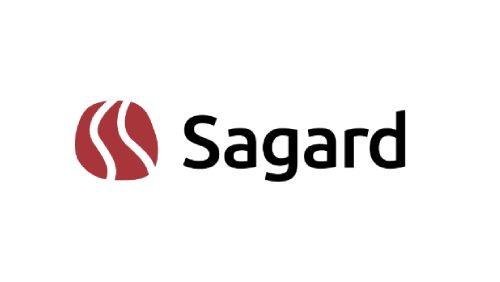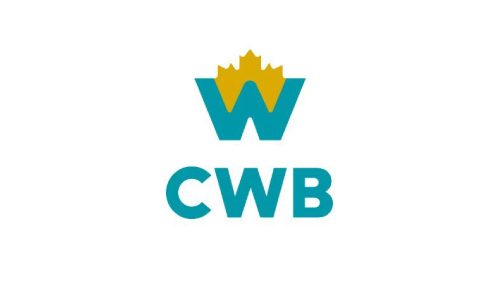Strange Bedfellows – Navigating the BaaS Revolution
Abstract: The 2024 Bankers Summit Panel, titled “Strange Bedfellows: Navigating the BaaS Revolution,” explores the evolving dynamics of Banking-as-a-Service (BaaS). Panelists discuss how partnerships between traditional banks and fintech enable innovation and extend financial services to new markets. Topics include the evolution of BaaS from co-branded models to white-label solutions, challenges in profitability, the importance of compliance and risk management, and the role of regulatory oversight. The conversation emphasizes that successful BaaS relationships require strategic alignment, resilience, and a clear focus on each partner’s strengths. Watch the interview here. 👀
What is Banking-as-a-Service?
Kris: At its core, BaaS is about partnerships. It decouples the financial institution holding the ledger from the customer-facing brand. APIs allow banks to embed their services into external platforms, letting financial products appear in non-traditional settings.
Steven: BaaS evolved from sponsorship models to co-branded products and now to white-label solutions. Customization has become a priority — allowing companies to tailor offerings based on customer needs. Canadian Western Bank focuses on business owners as a niche, which helps us compete with larger players. We rely on external partnerships to complement our services since building everything internally isn’t feasible.
Noah: In lending, high yields ensure profitability. For fintechs to succeed, they must carefully select segments with strong margins. Competing with major banks on prime-rate loans isn’t viable, which is why Propel focuses exclusively on lending. Many fintechs that began with low-margin products are now expanding into lending to maintain growth.
Challenges of BaaS Partnerships
Kris: Relying on fundraising alone isn’t sustainable. Lending can generate revenue, but managing repayments is complex. That’s where partnerships come in — fintechs need experienced partners to handle these processes effectively.
Steven: When expanding our services, such as virtual small business lending, we look for partners with expertise. Even as a full-service bank, we can’t excel in every area, so collaboration is essential.
Noah: Compliance and third-party risk management are critical. Regulators in Canada and the U.S. expect banks to maintain oversight of their partnerships. A weak link in the chain can have serious consequences for everyone involved, as we’ve seen with recent failures in the BaaS space.
Steven: Resilience is key — things can go wrong in banking, whether it’s operational issues or payment disruptions. Strong partnerships help navigate these challenges. It’s about managing risk effectively, not eliminating it altogether.
BaaS as a Strategic Play
Kris: We’ve seen cases where banks build APIs but never release them because they lack long-term commitment. To succeed in BaaS, you need both strategic focus and execution.
Noah: It’s not just about earning fees — the partnership must align with your core strategy. Our partnership with Pathward, for example, allows us to embed lending products directly into their partners’ platforms. This seamless integration benefits customers without adding complexity to their user experience.
Steven: Focus is essential. Banks and fintechs need to identify their strengths and stick to them. In our case, we partner with experts to provide certain services, allowing us to concentrate on our core business of serving business owners.
Q&A with the Audience
Audience Question: What happens if a bank becomes a direct BaaS provider, offering APIs and technology internally?
Kris: It’s difficult for large banks to commit fully to BaaS because it requires significant focus and agility. In most cases, a pure-play BaaS provider will do better because they specialize in it. Banks are more likely to acquire fintechs than build these capabilities in-house.
Steven: Exactly. Banks must recognize their limitations. If they try to develop everything internally, they risk spreading themselves too thin. Partnerships allow them to leverage external expertise without compromising their core operations.
Noah: That’s why alignment is crucial. Successful partnerships occur when each party focuses on what they do best. For example, Pathward uses our lending technology to enhance their offering, while we remain invisible to the end user. This way, everyone plays to their strengths.
Kris: The key takeaway is that partnerships must be carefully managed to ensure long-term success. BaaS isn’t just a financial arrangement — it requires alignment in values and strategy.
Thank you, Noah and Steven, for sharing your insights. Thanks to the Canadian Lenders Association!
Sign up for our Finance Summit Series





